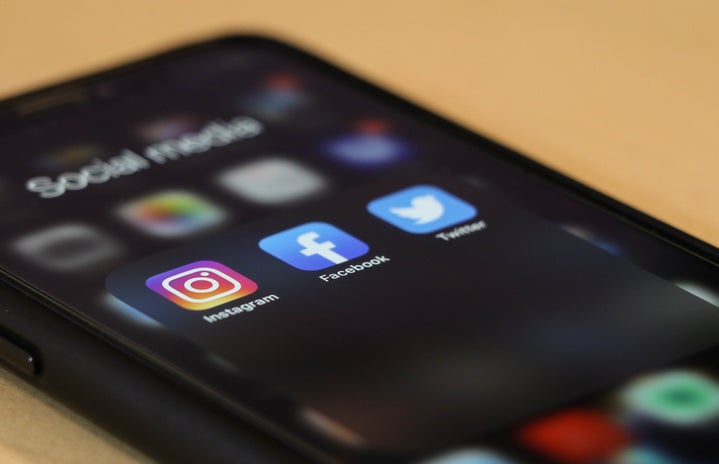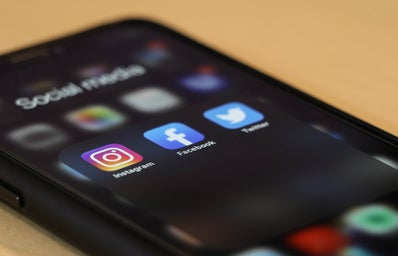Why I Hate Cancel Culture
There is no denying that the world we live in will never fully get away from social media. The dependence is here to stay and is truly only getting worse. In more recent months, however, there has been an acknowledgment surrounding the importance of using social media for good.
Whether it be advocacy, education, a conversation starter, or amplifying voices, we have seen social media expand in a more positive direction. Sadly, in every direction social media is looking to expand, cancel culture prevents it from happening.
A term (hopefully) made with good intentions has now become a toxic environment that does nothing but prevent growth and change. To hold someone accountable is one thing, but to flood someone’s feed for no other reason than to amplify someone’s mistake is unproductive.
In the most serious or most minor cases, cancel culture has done nothing but create a hashtag filled with pointless videos and no explanation. You see someone’s name is trending, but can never find the reason why. Members of this environment are satisfied with just deciding someone is canceled but don’t leave space for understanding or conversation.
The hypocrisy lies in the idea that members of cancel culture seem to want to “remove the bad” from society, yet they don’t care to educate or create positive change out of bad situations. It is never a “here is what this person said or did, here is why I am offended by it, and this is what they could have done differently.” Instead, they just want to have a virtual party filled with insults.
According to the dictionary definition, cancel means “to decide or announce that (a planned event) will not take place” which translates to “I decide this person will no longer take place” in cancel culture terms. The fact that it has become second nature for many people to try to eliminate someone from society is frightening.
To hold someone accountable and to actively choose to personally stop giving them a platform, and by that I mean to unfollow, to ignore, to not participate in a virtual activity they are in, is what cancel culture wants to be, but truly isn’t.
Even serious and severe situations that are mentioned on social media in hopes to create change somehow turn into a toxic hashtag that downgrades the situation. When someone reveals information about someone else, posting a meme and saying, “I always had a bad feeling about this person,” it downplays the person’s feelings and purpose for saying anything at all.
In every social media situation, you have to put it into a non-virtual perspective. If your friend betrayed you, and you told someone and they responded with, “well, I always knew they were bad,” you would not feel positive about speaking out in the first place. That is exactly what cancel culture does to these situations. They pretend it is a genuine act of care for a situation when in reality it is a disguise used for personal gain and opinionated, counterfeit sympathy.
To get specific, I have witnessed people get “canceled” for taking “too long” to speak up about the social justice movement we saw. The mentality behind the canceling is that these people are racist, but by saying this, they are suggesting all it takes is a social media post to prove they care. That mentality is just using performative activism to avoid cancel culture which is just as artificial as it gets.
At the same time, this week someone on TikTok was canceled for not eating a snail at dinner. Why do we want to put not eating a snail and racism on the same level? Canceling people does not separate the cause and just labels everyone as the same level of “bad” which is beyond toxic.
In conclusion, I know that my 19-year-old self does not have all the answers to this complex issue, but I firmly believe that it is something we need to talk about. I will never tolerate racism, bigotry, or sexism on any level. I support educating one another through social media in productive ways because at this point, social media is becoming one of the most dependable platforms for using your voice.





